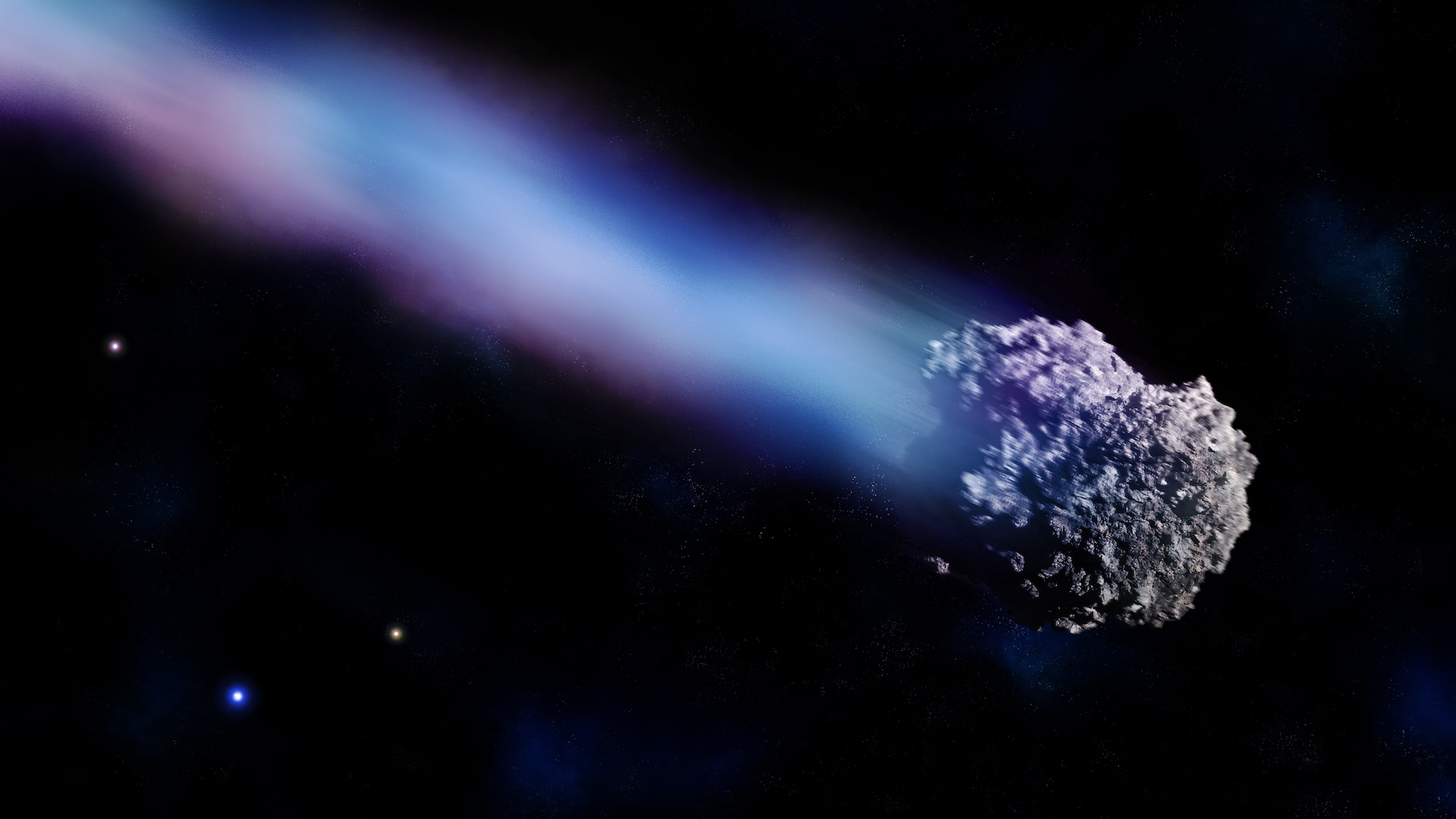Tasmanian devils (Sarcophilus harrisii) — one of the few mammalian species to have developed physiological and behavioral specializations for scavenging — are picky eaters, according to a study by scientists from the University of New South Wales, the Carnivore Conservancy and the University of Sydney.
The Tasmanian devil (Sarcophilus harrisii) is one of few mammalian species to develop adaptations for scavenging. Image credit: A. Ananda.
“It’s a scavenger’s job to just be a generalist and take whatever it can find,” said Professor Tracey Rogers, a researcher with the Evolution and Ecology Research Centre and the Centre for Marine Science and Innovation at the University of New South Wales.
“But we’ve found that most Tasmanian devils are actually picky and selective eaters — they’ve broken the laws of scavenging.”
In the study, Professor Rogers and colleagues analyzed the eating habits of 71 devils captured across seven different sites across Tasmania.
They tracked these eating habits by analyzing a small whisker sample from each devil — each bristle holds chemical imprints, called stable isotopes, from food they’ve eaten in the past.
Surprisingly, only around one in 10 devils had a generalist diet — that is, a broad diet made up of whatever food was available and convenient.
The vast majority chose to dine mostly on their favorite foods, whether it be wallabies, possums or rosellas.
And, just like humans, these favorite meals varied from devil to devil.
“We were surprised the devils didn’t want to all eat the same thing. Most of them just decided, ‘No, this is my favorite food,’” said Anna Lewis, a Ph.D. candidate in the Evolution and Ecology Research Centre at the University of New South Wales and the Carnivore Conservancy.
“Our findings change what we know about scavengers — and leads us to ask why Australia’s devils are breaking the rules.”
“This definitely seems to be a devil-specific habit. There are no other scavengers in the world that we know of who do this.”
The team’s current theory is that the devils’ picky eating has something to do with them being on their own in Tasmania.
“Basically, it’s because they can. If you’re a scavenger in Africa, then you’re competing with all these other predators for food,” Professor Rogers said.
“But in Tasmania, there aren’t other predators around or competition for carcasses. Their main competition is just with each other.”
The scientists found that although fussy devils came in every shape and size, the heaviest devils tended to be the pickiest eaters.
This could mean the size of a devil is a driving factor in its choice of food, or alternatively, that specializing in certain types of food could help a devil gain weight.
Next, the authors are planning to take a closer look at why devils make certain choices in their diet — for example, are they selecting food consciously, opting for foods that other devils aren’t interested in, or simply choosing foods that are most in abundance?
“Our next step would be to look at why devils are tending towards certain foods, like pademelons and possums, and whether humans have a role to play in this specialization,” Professor Rogers said.
The results were published in the journal Ecology & Evolution.
_____
Anna C. Lewis et al. Effects of intraspecific competition and body mass on diet specialization in a mammalian scavenger. Ecology & Evolution, published online January 11, 2022; doi: 10.1002/ece3.8338
Note: This article have been indexed to our site. We do not claim legitimacy, ownership or copyright of any of the content above. To see the article at original source Click Here














